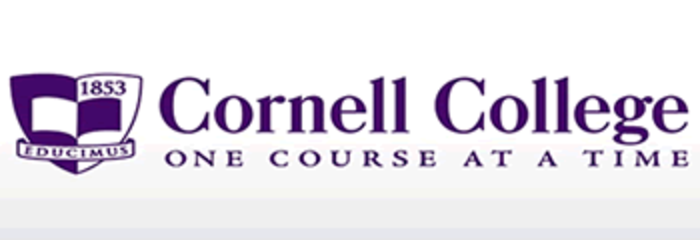Cornell College Rankings by Salary Score™

Salary and Debt by Major at Cornell College
We calculated a Salary Score for each of Cornell College's programs by comparing program-specific median alumni earnings to median alumni earnings for the same program across all schools that provide this data. This way, students can compare the relative salary strength of a specific major at Cornell College to the same major at other schools. A school's overall score by level is based on the school's by-program performance weighted by student enrollment in each program. Data is sourced from the December 2020 release of the U.S. Department of Education's College Scorecard and reflects median alumni debt upon graduation and median alumni earnings in the year after graduation for students who received federal financial aid. Debt and salary numbers are shown rounded to the nearest $10.
Salary Score ™ for Cornell College Bachelor's Degrees
| Field of Study | Employment Rate | Median Debt | Median Salary |
|---|---|---|---|
| Biochemistry, Biophysics and Molecular Biology | $27,000 | $36,130 | |
| Biology, General | Not Reported | $18,150 | |
| Computer Science | Not Reported | $49,060 | |
| Economics | $27,000 | $35,590 | |
| English Language and Literature, General | Not Reported | $22,890 | |
| Health and Physical Education/Fitness | $27,000 | $31,420 | |
| International Relations and National Security Studies | Not Reported | $29,690 | |
| Multi/Interdisciplinary Studies, Other | Not Reported | $24,420 | |
| Psychology, General | $27,000 | $27,460 | |
| Teacher Education and Professional Development, Specific Levels and Methods | $27,000 | $32,710 | |
| Teacher Education and Professional Development, Specific Subject Areas | Not Reported | $29,690 |
Most Recent Review
Cornell College is a school that is unique from any other college or university in the United States. Featuring a schedule that allows students to focus on one class for three weeks and then a subsequent five day break, students learn many valuable skills including but not limited to: time management, problem-solving, hierarchical communication, community development, and diversity respectability.